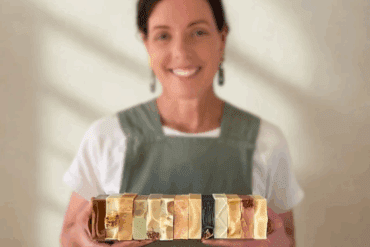2. Foster emotional intelligence
Kids with high EQ make better choices, because they aren’t driven by the need to prove themselves with their peers, or by their own upsets that they can’t manage. To raise an emotionally intelligent child, start by offering emotional safety, soothing, and empathy. Then, model how kids can express their needs and feelings without attacking others. Finally, allow all emotions, even while you limit behaviour.
3. Stop punishing
You never need to punish to teach your child a lesson. Punishment erodes the parent-child relationship so your child loses the desire to cooperate and follow your lead. It also makes your child more likely to lie to you.
How can you move beyond threats and punishment? The first step is to strengthen your relationship so your child WANTS to cooperate. Then, set whatever limits are necessary, with empathy (which means acknowledging your child’s perspective), which makes your child more likely to meet your expectations.
You never need to punish to teach your child a lesson. Punishment erodes the parent-child relationship so your child loses the desire to cooperate and follow your lead. It also makes your child more likely to lie to you.
Your child will still make mistakes and poor choices, because they’re a kid, and they’re human. Don’t give in to the urge to punish. Instead, get curious about what happened and why they made that choice. Ask them how it worked out for them. Ask them what they can do now to make things better, to make a repair.
- “Is there some part of you that thought maybe that wasn’t such a good idea?”
- “What kept you from listening to that part of yourself?”
- “I wonder what you could do now to make things better?”
If you can do this with a positive (rather than a punitive) attitude, your child will learn the lessons you want, and will be motivated to do better in the future.
Want more specifics on how to guide a teen in a positive, non-punitive way?
4. Prioritise the relationship
Kids can’t articulate it, but they want to know that we adore them, believe in them, and find such value in them that caring for them makes us happy. When we constantly give them the message that other things — our phones, our work, their siblings, keeping the house picked up — are more important, they don’t develop the unshakable inner happiness that allows them to make good choices in life. When kids feel disconnected, they act out, so strengthening and sweetening your interactions with your child is the recipe for more cooperation, as well as a better relationship. Maybe the most important thing you can do to help your child thrive is simply to enjoy your child and take pleasure in who he or she is.
This respectful parenting raises a child who tends their relationship with you. And that makes for a trustworthy teen.
Originally published here.
Dr. Laura Markham is the founder of PeacefulParentHappyKids.com and author of Peaceful Parent, Happy Kids, Peaceful Parent, Happy Siblings and her latest book, the Peaceful Parent, Happy Kids Workbook.










